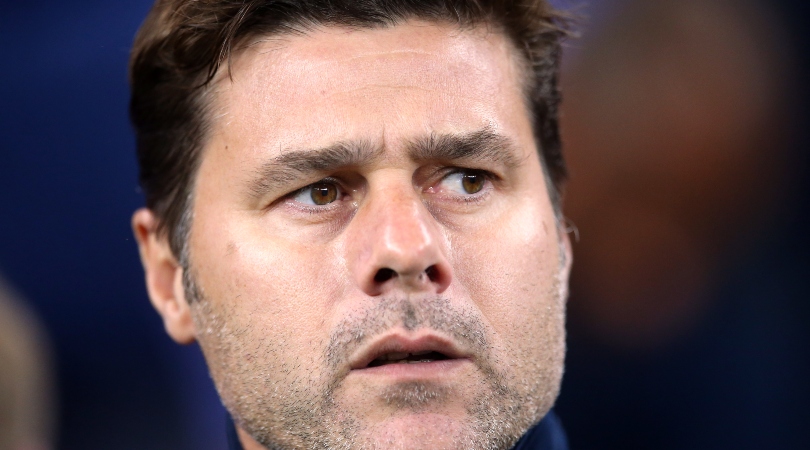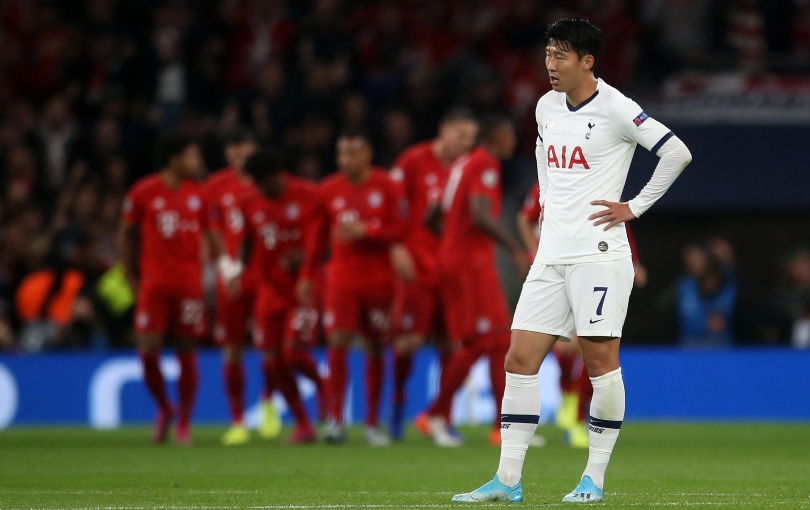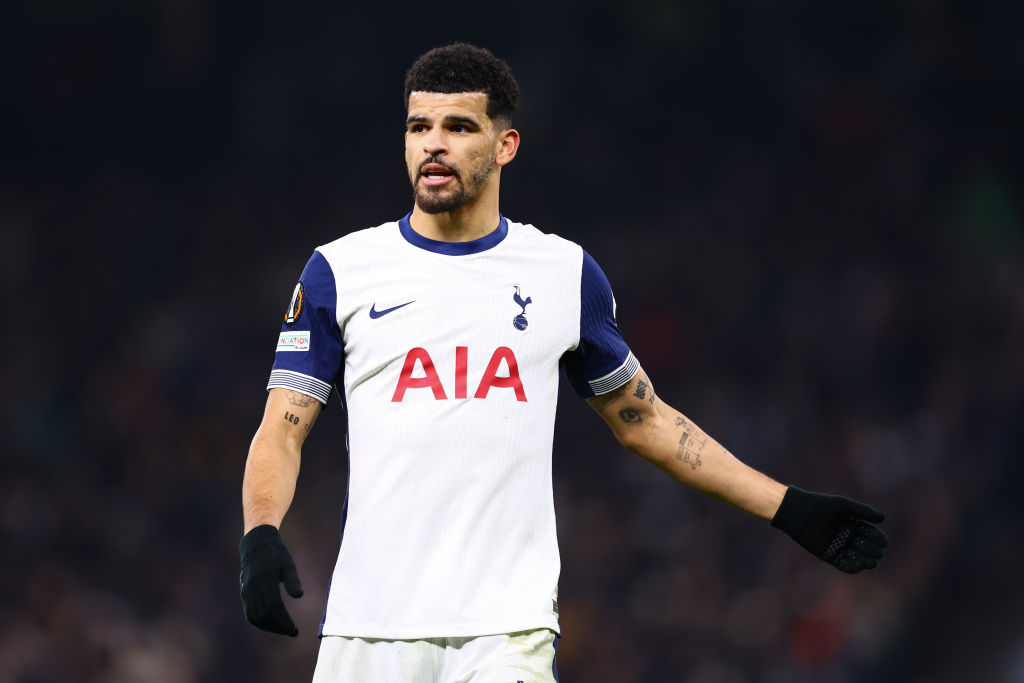Pochettino's pressure: why it's likely to get worse for Tottenham before it gets better
This could be the beginning of the end for Mauricio Pochettino at Tottenham Hotspur. That doesn't mean he can't turn it around, but it does mean he has been complicit in what has happened so far

Seb Stafford-Bloor writes a daily column for FourFourTwo.com. Come back every morning to read the latest analysis
Perhaps this is how it had to end. After all the effort and energy, and the many miracles it has taken to get Tottenham to compete beyond their means, there was an almost perfect finality to the way Bayern Munich swept them aside on Tuesday night.
The trite remark would be to say that this was the end of the cycle. But a more compassionate description would depict this as the moment when there was nothing left – when Spurs’ reached their elastic limit, the tension became too great and everything suddenly gave way.
Is this the end of Mauricio Pochettino at Tottenham? Probably. Maybe not this week or next month, but it certainly feels like paragraph one of the final chapter.
The seeds of What Happened On Tuesday were likely sown shortly after the Champions League final. When it became clear that Christian Eriksen wanted to leave the club, his feet shouldn’t have touched the ground. When Toby Alderweireld, Jan Vertonghen and Danny Rose demonstrated that they weren’t fully committed to the cause, they should have followed him through the door.
One of the problems at Spurs is that their sporting and commercial imperatives remain in ideological opposition to each other. What that means is that, while in the dressing room cohesion is the only currency, the decisions which determine the composition of the squad are made with other objectives in mind. This summer, the club chose to keep disenfranchised players and their polluting effects, rather than allowing them to leave on lesser terms. The team's integrity wasn't the priority.
FOURFOURTWO PODCAST Five years of Mauricio Pochettino at Tottenham
Get FourFourTwo Newsletter
The best features, fun and footballing quizzes, straight to your inbox every week.
Whether that was right is almost a different issue. The result, though, is hard to deny. The side’s performances have been off for many months, a fact disguised by that Champions League progress. The news cycle, which Pochettino did so well to detoxify upon his arrival, has become flecked with leaks and complaints. When first team players are speaking to journalists out of habit and complaining about training routines and squad dynamics, a serious breach of trust is occuring.
Pochettino himself is complicit. What, for instance, was the logical effect of him spending most of the summer complaining about his lack of resources and – indirectly – insinuating that his group of players were no longer good enough? He may well have been right, but at what cost? This is a group that has run itself into the ground for him, that has helped put him in position to, one day, potentially manage one of the continent’s superpowers.
Everybody appreciates that these are just hard realities of the modern game, but footballers' egos remain as delicate as ever. It doesn’t matter who’s right, it doesn’t matter who’s wrong; the result has been a corruption of the intangibles which made Tottenham competitive. It’s the point at which players start to recognise that, yes, they are a bit underpaid and, no, they don’t really fancy running that extra few yards or pressing the ball in quite the same way.
The 7-2 loss to Bayern Munich was confirmation of that. It was the kind of madness which can only manifest when there has stopped being a common cause. In that respect it wasn’t a football result, more a psychological profile of a side full of grievances, split priorities and, to borrow Pochettino’s own description, agendas.
It will get worse before it gets better. The next few months seems likely to be the tax payable on the highs of the last six years. From a dispassionate perspective, though, the situation describes the delicate balance in which successful teams have to hold themselves.
More precisely, it shows just how violent the butterfly effect of seemingly minor dysfunction can be. In practical terms, Tottenham’s problems amount to little more than an underpowered full-back tandem and an ageing defence. In reality, though, the malignancy of these issues has infected all of their critical functions. It happened slowly at first, in a way that could be ignored, and culminated Tuesday night, in a collapse seen from the stratosphere.
While you're here, why not take advantage of our brilliant subscribers' offer? Get 5 issues of the world's greatest football magazine for £5 – the game's greatest stories and finest journalism direct to your door for less than a pint in London. Cheers!
NOW TRY...
QUIZ Can you name every player from a Champions League Squad of the Season since 2016/17?
OPINION Critics can attack Danny Rose for not keeping his mouth shut – but they can't claim he's wrong
WATCH Premier League live stream best VPN: how to watch every game from anywhere in the world
Seb Stafford-Bloor is a football writer at Tifo Football and member of the Football Writers' Association. He was formerly a regularly columnist for the FourFourTwo website, covering all aspects of the game, including tactical analysis, reaction pieces, longer-term trends and critiquing the increasingly shady business of football's financial side and authorities' decision-making.

